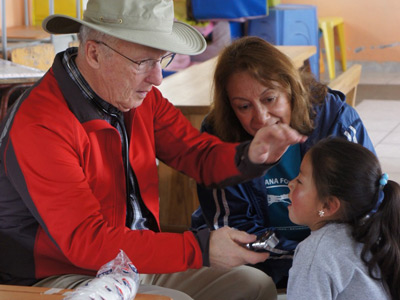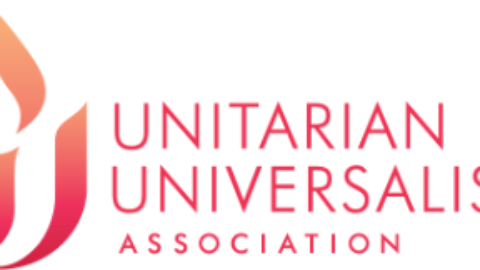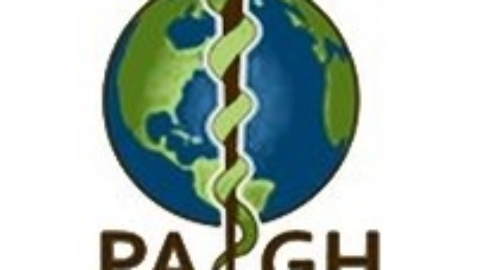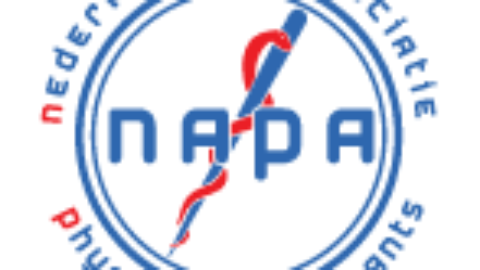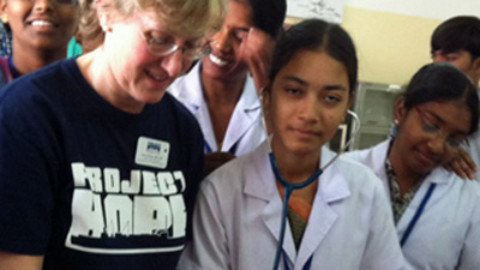Article title: "Resources for dermatology PAs who want to give back." By Lisette Hilton. Released April 30th, 2019.
Please see the article below. This is a reprint from www.Dermatologytimes.com.
___________________________
Physician assistants like to give back and the profession has taken note, says Jennifer Conner, M.P.A.S., PA-C, a dermatology physician assistant (PA) for more than 13 years and chair of the Dermatology PA Foundation (DPAF).
Dermatology Times corresponded with representatives from three foundation that want to provide resources for PAs who are interested in giving back. Here's what they had to say.
Dermatology PA Foundation
The Society of Dermatology PAs (SDPA) launched the DPAF in 2015 in response to member PAs’ hunger to help, according to Conner.
“We had a philanthropy taskforce [at the Society of Dermatology PAs], where we started doing Miles for Melanoma races at our conferences and we were helping the Melanoma Research Foundation establish new race cities. We helped them do that in Seattle, San Diego and Atlanta,” she says.
PAs wanted to do more, says Conner.
The nonprofit DPAF has programs to promote education, research and philanthropy to advance the field of dermatology.
Education-wise, DPAF sponsors educational sessions at dermatology PA conferences and records them so members can go to the SDPA website and listen to the sessions when it’s convenient. Sessions include one on depression and psoriasis and another on atopic dermatitis comorbidities.
DPAF recently kicked off the research portion of its mission, and PAs can apply for grants between now and November 2019, according to Conner.
“The idea is to get PAs more involved in research as primary investigators, but also to do some research on how PAs truly impact care in the field of dermatology,” Conner says.
DPAF’s philanthropic programs including hosting an annual silent auction in conjunction with the Society of Dermatology PAs conference.
“That’s live onsite but it’s also online for anyone through the Bidding for Good app and website—not just PAs,” Conner says. “We have dermatology-specific items on there, like textbooks, as well as vacation packages to Disney, and gift baskets with a variety of items. All the money we raise from the silent auction goes to Camp Wonder, which is a camp in California for children with severe skin disease.”
DPAF sponsors five to 10 children a year to go to Camp Wonder and funds travel for one or two PA volunteers according to Conner.
“The other philanthropic event that we do on an annual basis is a 5K run/walk at one of the Society of Dermatology PA conferences. We started with the Melanoma Research Foundation and did that for four years and then started looking at other patient advocacy groups or charities for patients in dermatology. We’ve done a run/walk for the National Alopecia Areata Foundation and the last one we did was for the Hidradenitis Suppurativa Foundation. Coming up this fall, in Scottsdale, we’re doing one for Wigs for Kids,” Conner says.
The Dermatology PA Foundation is now in its fourth year and continuing to grow. Dermatology PAs, industry sponsors, and other supporters who would like to get involved or become a DPAF donor should contact DPAF staff at [email protected], according to Conner.
PAs for Global Health
Melanie A. Jacobs, M.M.S., PA-C, director of publicity for PAs for Global Health (PAGH) and a PA in obstetrics and gynecology at the Mount Sinai Health System, says PAGH is a grassroots nonprofit organization working to meet the needs of PAs interested in working in medically underserved areas around the world. Dermatology PAs are among those needed at PAGH.
“A PA with dermatology experience can be a valuable asset any medical volunteer trip abroad. PAs trained in dermatology have a wide scope of practice ranging from the identification and medical management of skin diseases to procedural and surgical skills,” Jacobs writes in an email to Dermatology Times. “Several dermatological conditions exist outside the United States, including psoriasis, fungal infections, skin cancer etc., in addition to specific conditions endemic to rural and low-income areas. For example, patients suffer from pigmentation disorders in the tropics, cutaneous tuberculosis in Latin America and Kaposi's sarcoma in African countries. Furthermore, disability secondary to skin disease is also a global health burden, therefore dermatological PAs can be highly utilized and helpful in the diagnosis and treatment of disease on a global scale.”
PAGH provides resources to PAs and associated professions about global health volunteering and establishing careers abroad.
“We offer a database of PA student clinical rotations abroad and provide student opportunities for scholarship,” Jacobs writes. “PAGH also compiles a list of reputable organizations of which PAs have volunteered with in the past, as well as hosts a global medicine conference annually.”
PAs can become paying or non-paying members of PAGH via the website www.pasforglobalhealth.com. Interested PAs can also follow the organization on Instagram and Facebook.
National Commission on Certification of PA Health Foundation
Another opportunity for PAs is through the National Commission on Certification of Physician Assistants (NCCPA) Health Foundation, an organization dedicated to advancing the role of certified PAs to improve health, according to Dawn Morton-Rias, Ed. D., PA-C, president and CEO of NCCPA and the nccPA Health Foundation.
The NCCPA is the national certifying body for more than 131,000 PAs in the U.S.
“The nccPA Health Foundation’s Be the CHANGE (Create Health Access Now for Greater Equity) grant supports certified PAs and PA students expanding access to health promotion, education, and treatment in their communities year-round,” Dr. Morton-Rias writes in an email to Dermatology Times. “Grant applicants have addressed a variety of important needs, including diabetes education; sun exposure risk; eye care; literacy; breast cancer detection; health promotion with elementary, high school and college students; foot care; smoking cessation; global health; and care to homeless and underserved communities.”
The Health Foundation welcomes Be the CHANGE proposals from certified PAs in dermatology and all other practice settings, according to Morton-Rias.
“For example, dermatology PAs seeking to provide skin cancer screenings, patient education about moles and other dermatologic conditions etc., are encouraged to consider these funds to seed their efforts,” she writes. “First-time applicants are encouraged to apply for this $1,000 award and take advantage of grant writing tips on our website.”
Included in the many grants the NCCPA Health Foundation offers PAs is the annual Kathy J. Pedersen Grant to Promote Equitable Care.
“This single $5,000 award supports certified PAs leveraging innovative, actionable strategies that directly and sustainably impact public health needs, including all dermatological patient needs,” says Morton-Rias. “Applicants are invited to design programs that bridge system gaps, advocate for the underserved, or creatively develop resources for those in need. Dermatology PAs and their partners seeking to sustainably impact community needs are encouraged to watch for the opening of the 2019 funding cycle later this spring.”
To see the original text and article, please visit. https://www.dermatologytimes.com/derm-np-and-pa-forum/resources-dermatology-pas-who-want-give-back
